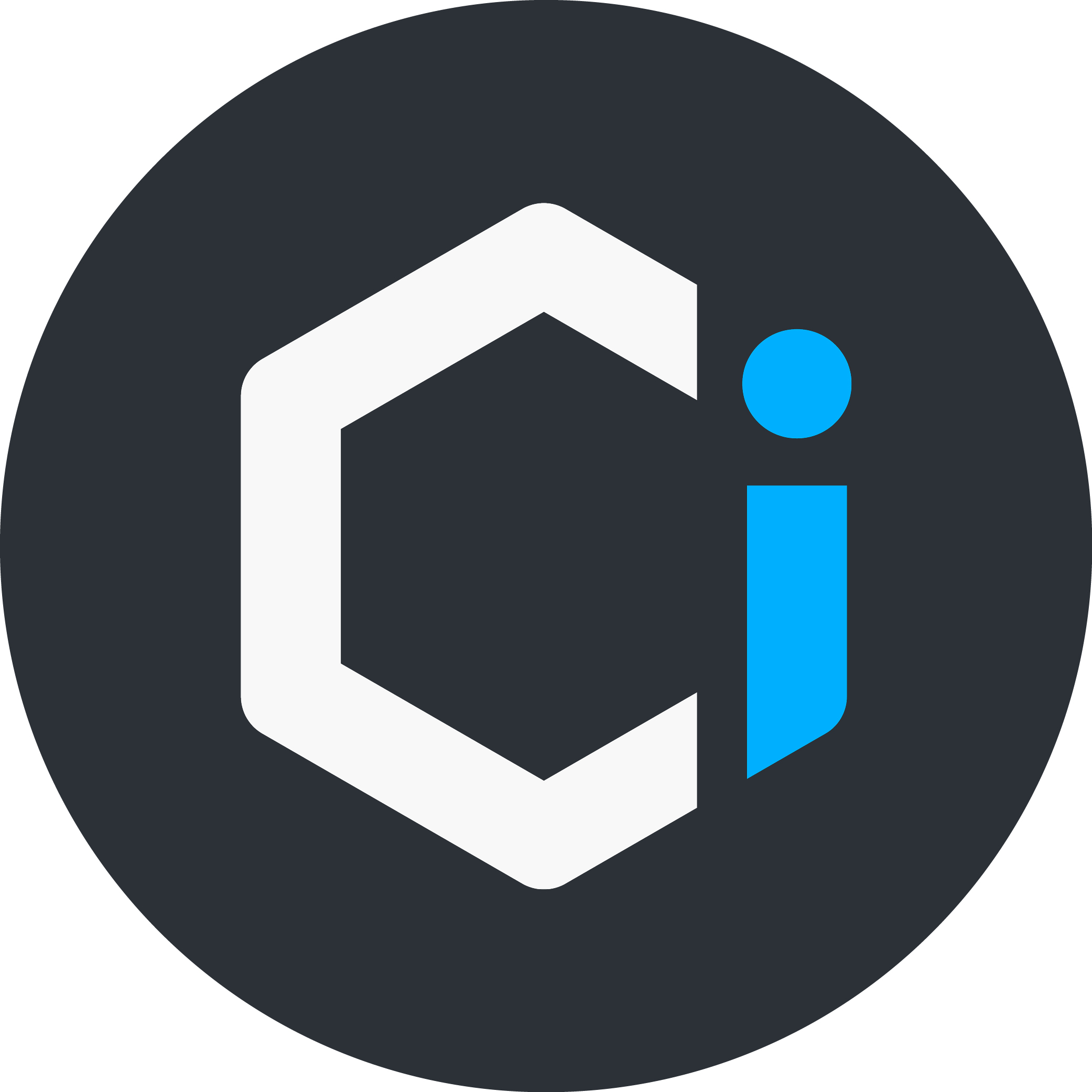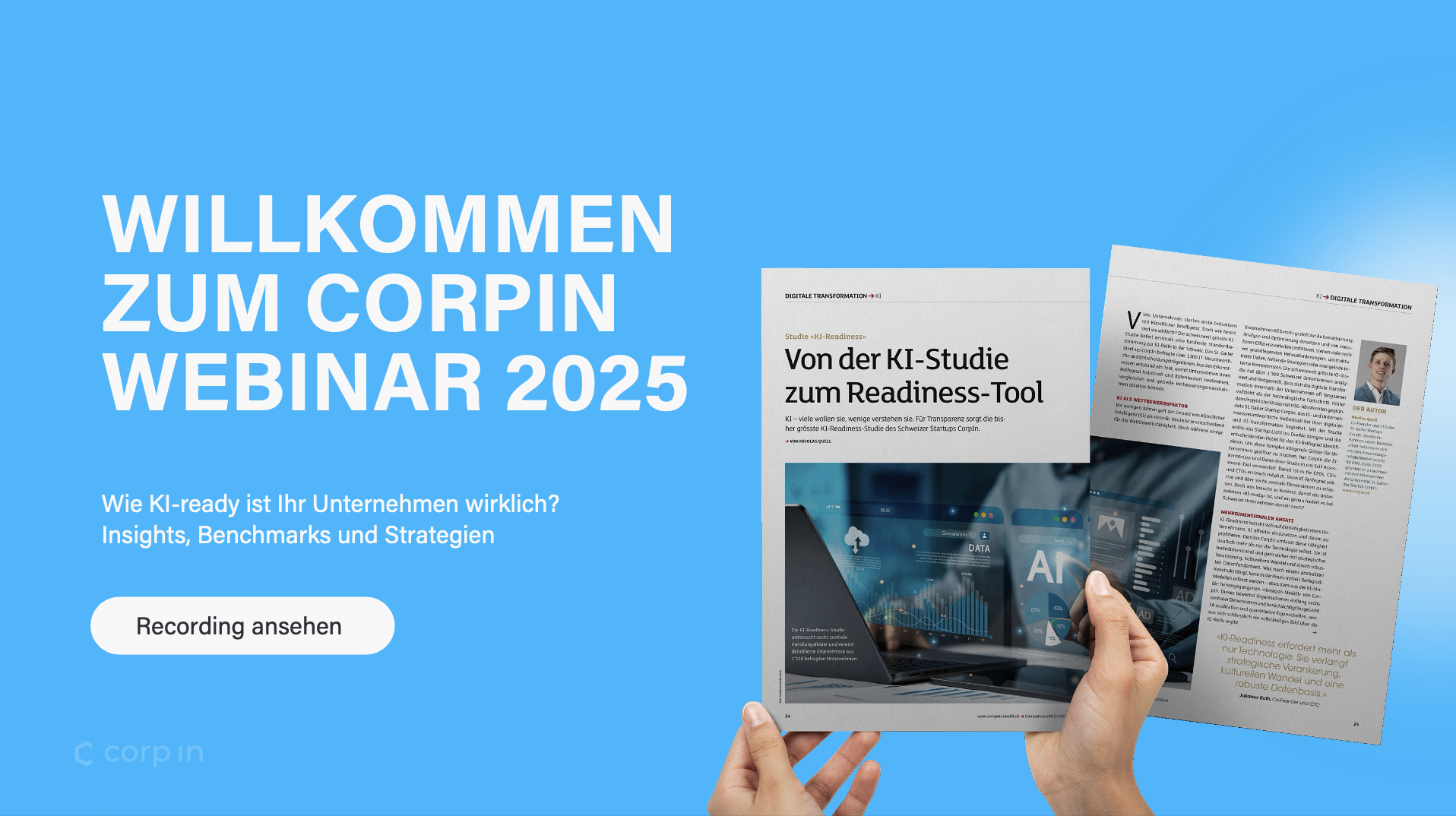
February 15, 2024
A look into the past: the beginnings of artificial intelligence
The history of artificial intelligence (AI) is a fascinating chapter in the human quest for knowledge and innovation. It began in 1950 with Alan Turing, a British mathematician who laid the foundations for the field of AI with his groundbreaking work "Computing Machinery and Intelligence". Turing posed the provocative question: "Can machines think?" and thus created the framework for a debate that continues to this day. He developed the Turing test, a criterion to determine whether a machine possesses human-like intelligence.
In 1955, John McCarthy, another pioneer, proposed sponsoring a research project on AI, which led to the first major conference on AI in 1956. This meeting marked the beginning of a new era of research and development in artificial intelligence.
The following decades were characterized by ups and downs. During the 1970s, AI research experienced a financial downturn as the high expectations were not met. But in the 1980s, expert systems - programs that can imitate the knowledge and analytical skills of a human expert - experienced a boom.
A historic moment occurred in 1997 when the IBM chess computer "Deep Blue" defeated the then world chess champion Garry Kasparov. This victory showed for the first time that AI systems are capable of outperforming human expertise in specialized tasks. Further milestones followed, including IBM's Watson system winning the quiz show "Jeopardy!" in 2011, which highlighted the advances in machine learning and natural language processing.
What is artificial intelligence? A variety of definitions
The term "artificial intelligence" is multi-layered and has had various definitions over time. Some see AI as the science and technology of creating intelligent machines, while others define it as the ability of a machine to perform cognitive functions that we associate with the human mind, such as perception, reasoning and learning.
AI can be divided into "weak" AI, also known as Artificial Narrow Intelligence (ANI), and "strong" AI or Artificial General Intelligence (AGI). Weak AI is limited to specific tasks, while strong AI is intended to match or even surpass human cognitive abilities in every respect. An even more far-reaching vision is that of Artificial Superintelligence (ASI), an intelligence that is superior in all aspects.
The importance of data for AI
Data is at the heart of every AI. The quantity, variety and quality of data determine the effectiveness of AI systems. Big data and the ability to analyze unstructured data sets have significantly driven the growth and development of AI. In this context, data platforms are playing an increasingly important role, especially for small and medium-sized enterprises (SMEs) that may not have the necessary amount of data. The quality of training data is crucial to avoid biases and inaccuracies in AI systems.
Conclusion
The journey of Artificial Intelligence from Alan Turing's first thoughts to today's advanced systems is a story of constant challenges, innovations and breakthroughs. While definitions of AI are varied, the overarching goal is clear: to push the boundaries of what is possible and create machines that can mimic human-like intelligence and capabilities. In this rapidly evolving field, the right direction and expertise is crucial. This is where CorpIn comes in. CorpIn has established itself as a trusted partner to help companies unlock the full potential of Artificial Intelligence. Through customized AI workshops that are specifically designed to make the complexity of AI understandable and demonstrate practical use cases, CorpIn helps companies in Switzerland to take further steps in their digital transformation.
CorpIn 's workshops are designed to equip participants not only with the necessary theoretical knowledge, but also with practical skills that can be applied directly in their companies. From data analysis to the implementation of AI-driven solutions - CorpIn covers all relevant aspects. Special emphasis is placed on helping participants develop a deep understanding of the importance of data quality, variety and quantity, which form the basis of any successful AI implementation.
For companies that are on the cusp of digital transformation and see AI as a key technology for their future, CorpIn is the ideal partner. Through its expertise and hands-on approach, CorpIn offers not only knowledge and skills, but also the strategic orientation that companies need to succeed in the era of Artificial Intelligence.
In the dynamic landscape of Artificial Intelligence, it is invaluable to have a partner like CorpIn at your side, not only to serve as a guide, but also to act as a mentor and supporter as you navigate the complex world of AI. With CorpIn, companies can rest assured that they are well equipped along the way to meet the challenges of today and seize the opportunities of tomorrow.
The content of this article may have been improved with the help of artificial intelligence. Therefore, we cannot guarantee that all information is complete and error-free.





